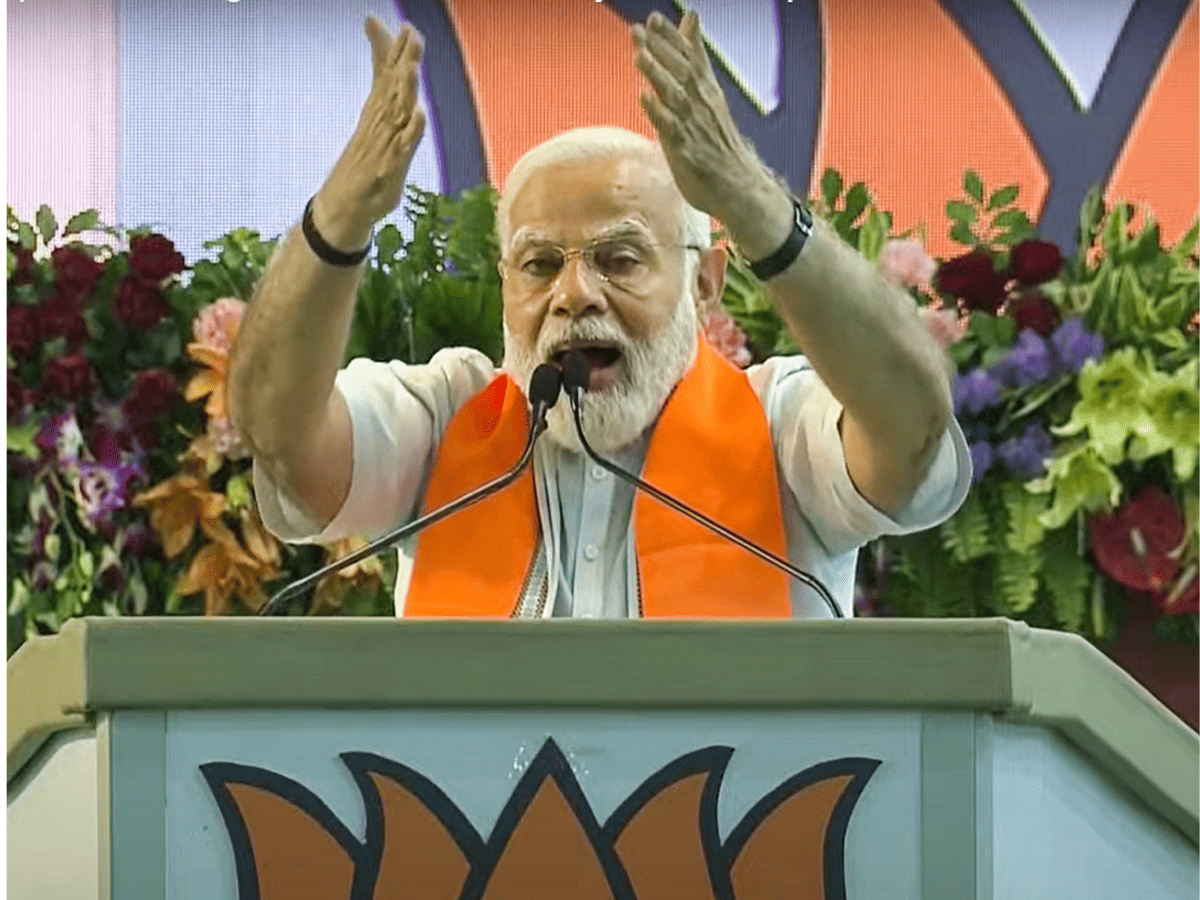
The concept of a Uniform Civil Code (UCC) has once again come into focus following the Prime Minister Narendra Modi’s remarks ahead of the elections in Madhya Pradesh.
The debate for a UCC is not new. It dates back to the colonial period in India. In 1835, a report was submitted advocating for a common set of laws, but it clearly mentioned that personal matters should not be under the purview of codification. The British introduced the Indian Penal Code (IPC), which is the official criminal code of India, but they left civil matters untouched.
Personal Laws in India
Currently, India has a common criminal code but lacks a common civil code. Personal laws in India vary based on major religions in the country. For example, Hindus are governed by the Hindu Marriage Act 1955, the Hindu Succession Act 1956, the Hindu Minority & Guardianship Act 1956, and the Hindu Adoption & Maintenance Act 1956. These laws were enacted in independent India.
However, laws related to personal laws of Muslims, Christians, Parsis, and Sikhs were passed during British India. Acts such as the Muslim Personal Law (Shariat) Application Act 1937, the Dissolution of Muslim Marriage Act 1939, the Indian Christian Marriage Act 1872, the Parsi Marriage and Divorce Act 1936, and the Sikhs’ Anand Marriage Act 1909 were passed before Indian Independence.
In addition to personal laws, there is a religiously neutral law called the Special Marriage Act 1954.
UCC faces challenges
Article 44 of the Indian Constitution, which falls under the Directive Principles of State Policy (DPSP), states that “The State shall endeavour to secure for the citizens a uniform civil code throughout the territory of India.” However, as the article is under DPSP, it is not justiciable as a fundamental right. The constitutional makers placed it under DPSP because at the time of independence, it was not feasible to implement a uniform civil code. They left it for future governments to implement when the nation is ready.
Although the need for a uniform civil code has been highlighted many times by the Supreme Court of India and in the Parliament, including in the Constituent Assembly, there are numerous challenges in framing it.
Law Commission of India seeks public opinion on UCC
On June 14, the 22nd Law Commission of India initiated a new consultation process on the uniform civil code and invited public opinions. The commission has provided a 30-day window from the date of notice for submitting views, either through email or online.
This is not the first time the Law Commission of India has sought public opinion on the uniform civil code. The 21st Law Commission, led by former Supreme Court Judge Justice BS Chauhan, also sought public opinions. The commission in its report mentioned that the uniform civil code “is neither necessary nor desirable at this stage” in the country.
Regardless of the recommendations of the 22nd Law Commission of India, they are not binding in nature. It is up to the government to accept or reject the recommendations as the commission serves as an advisory body to the Law Ministry.
Concerns of those against UCC
Opponents of the uniform civil code argue that it is against diversity and violates the guarantee and promise made in fundamental rights under Article 25 and 26 of the Indian Constitution. Tribal groups have also voiced opposition to the UCC, as they follow customs and religious practices. In Nagaland, customary laws supersede federal laws.
Another argument raised is that if there is no “one nation, one law” principle in criminal law, how can the country have a uniform civil code?
Many also expressed apprehensions that the uniform civil code will result in a “Hinduized” code for all religious communities.
Can state governments enact UCC?
In India, laws can be made by both state and union governments. Acts made by the central government are applicable to the entire country, while laws made by state governments apply only within their respective territories.
Both the state and central governments can make laws following the seventh schedule of the constitution, which maintains three lists: State, Union, and Concurrent. The Union government can make laws on areas listed in the Union list, and state governments can enact legislation on topics in the State list. However, both the Union and State governments can make laws on topics in the Concurrent list.
As personal laws come under the concurrent list, the state government can amend them but cannot implement UCC as it can be done only by Parliament.
Currently, Goa is the only state that has UCC. It was introduced by the Portuguese in 1867.
Though the debate for UCC began again, the fundamental question still remains unanswered, ‘Is it feasible for a diverse country like India to achieve uniformity in personal laws?’
